Careers in event audiovisual: roles, skills, and training
Careers in event audiovisual: roles, skills, and training
Exploring the key roles in event audiovisual
Event audiovisual brings together a wide range of technical, artistic, and logistical professions that work hand in hand to ensure the success of an event. Each role, from audiovisual technician to lighting manager, plays a part in creating an immersive, seamless, and memorable experience. This section highlights the core functions, their missions, and their tangible impact on project production and communication. Understanding these roles offers insight into the richness of the event industry and the key skills it requires on a daily basis.
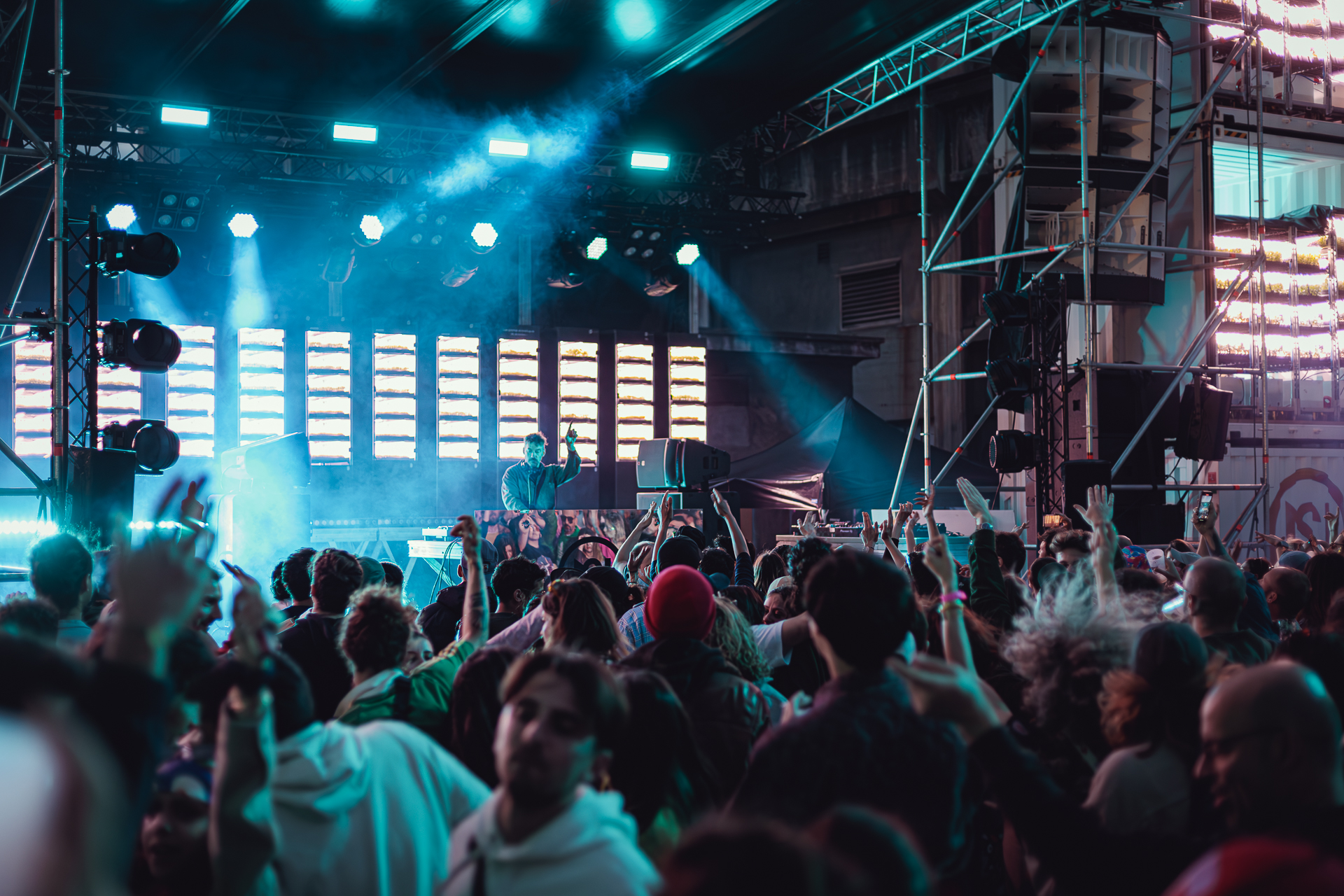
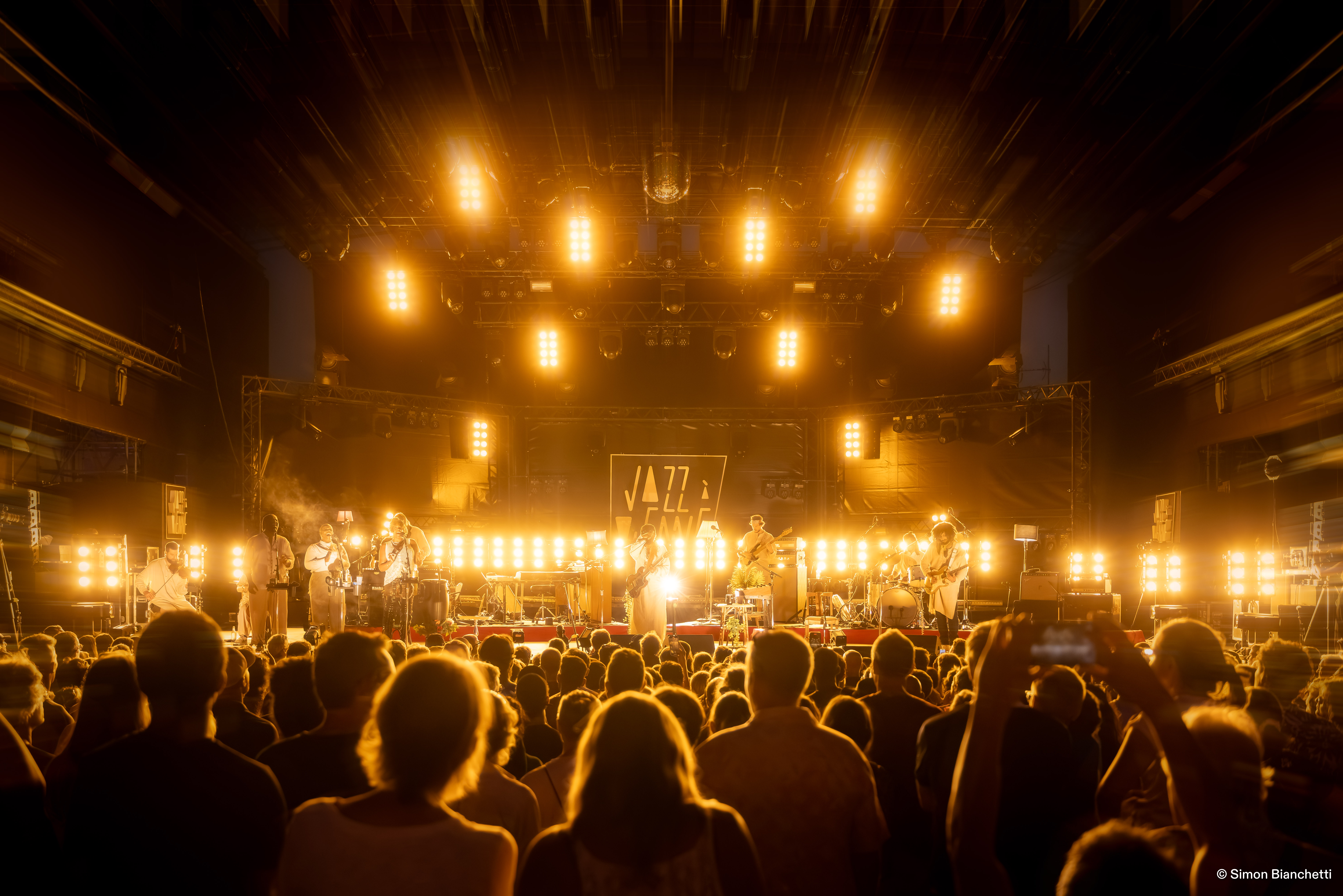
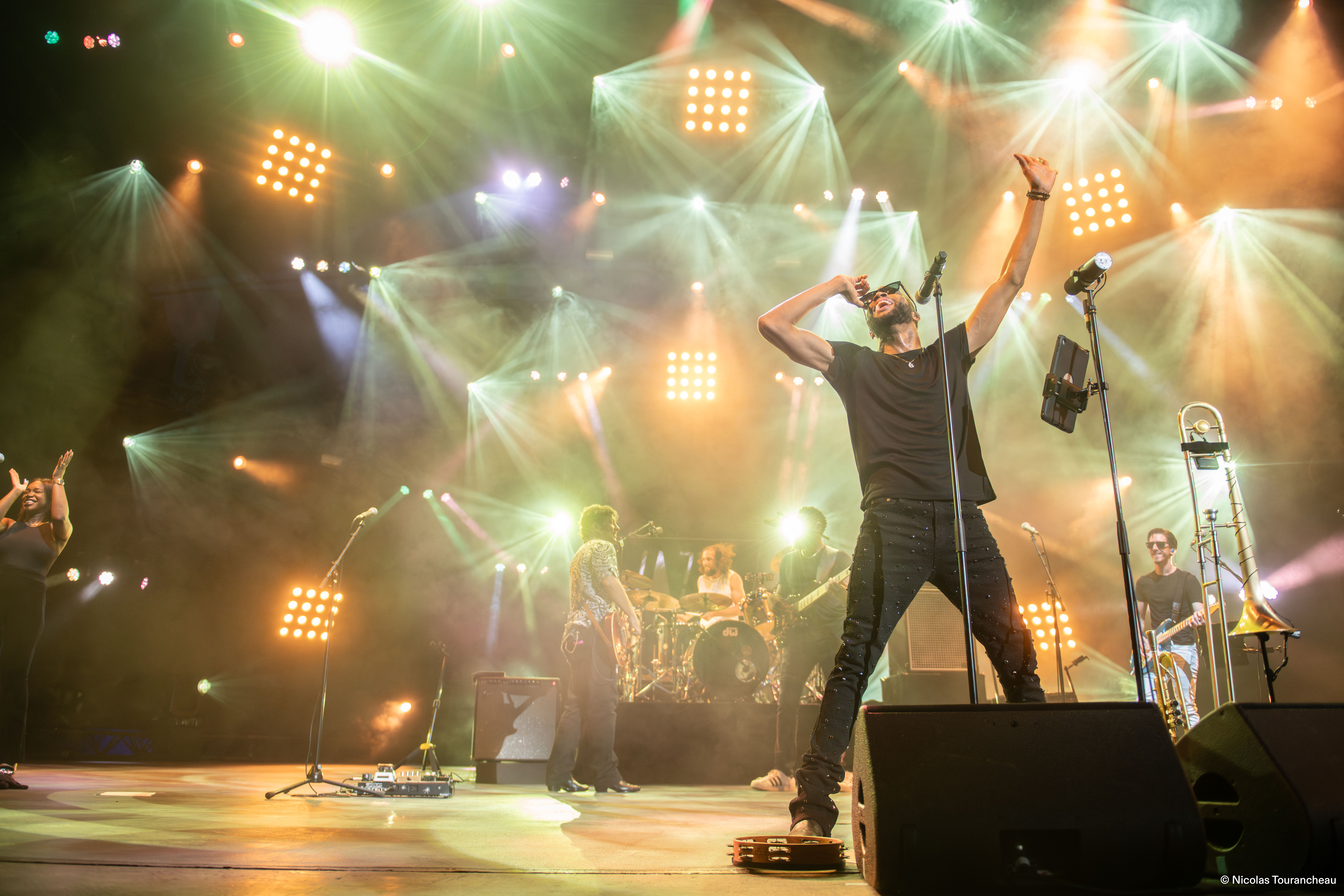
Audiovisual technician
Main tasks and responsibilities
The audiovisual technician is the operational backbone of any event. They handle the installation, setup, and maintenance of audiovisual equipment: sound systems, lighting, video recording, LED screens, and more. Present from the preparation phase through to dismantling, the technician masters production techniques and ensures the technical quality of the live performance.
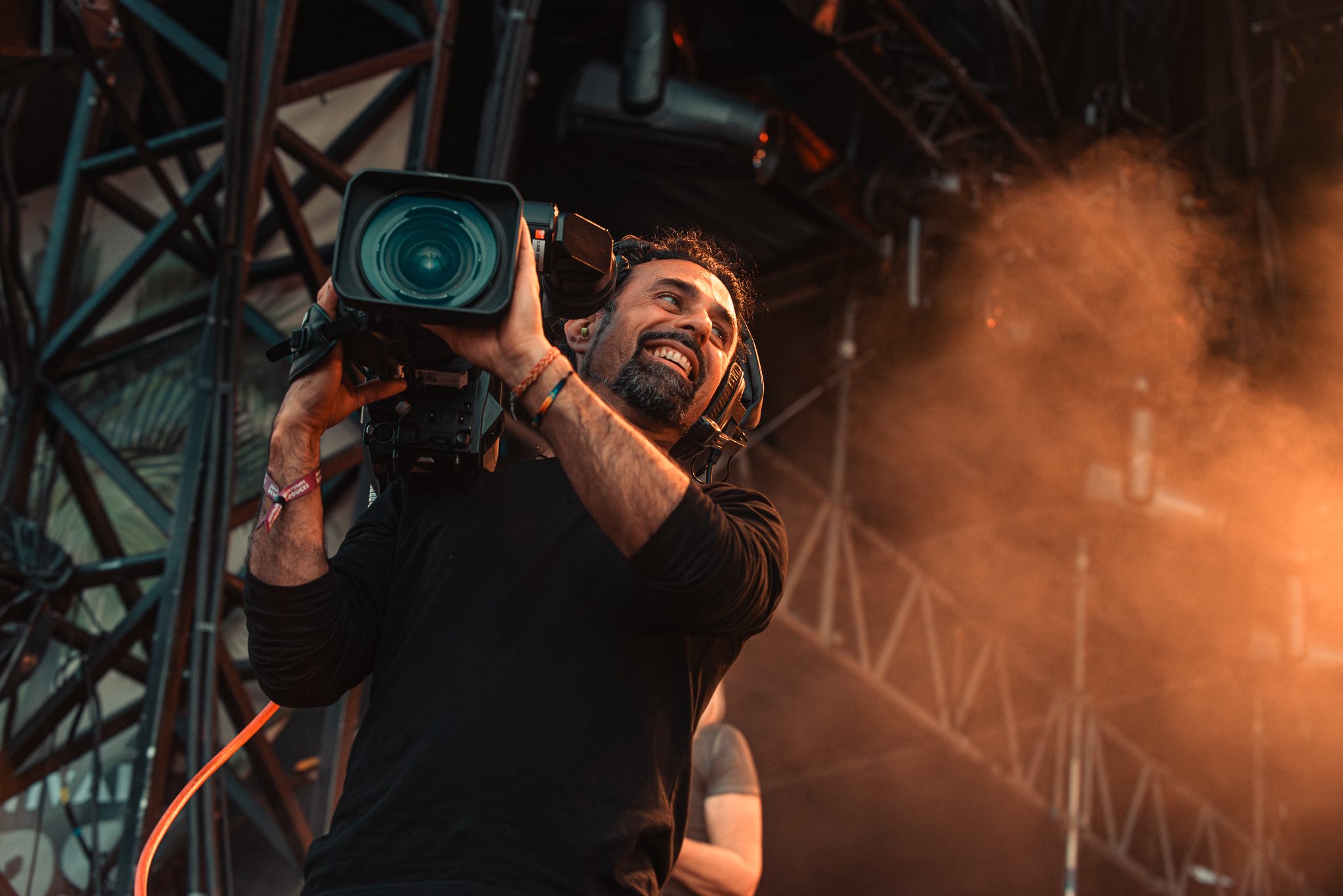
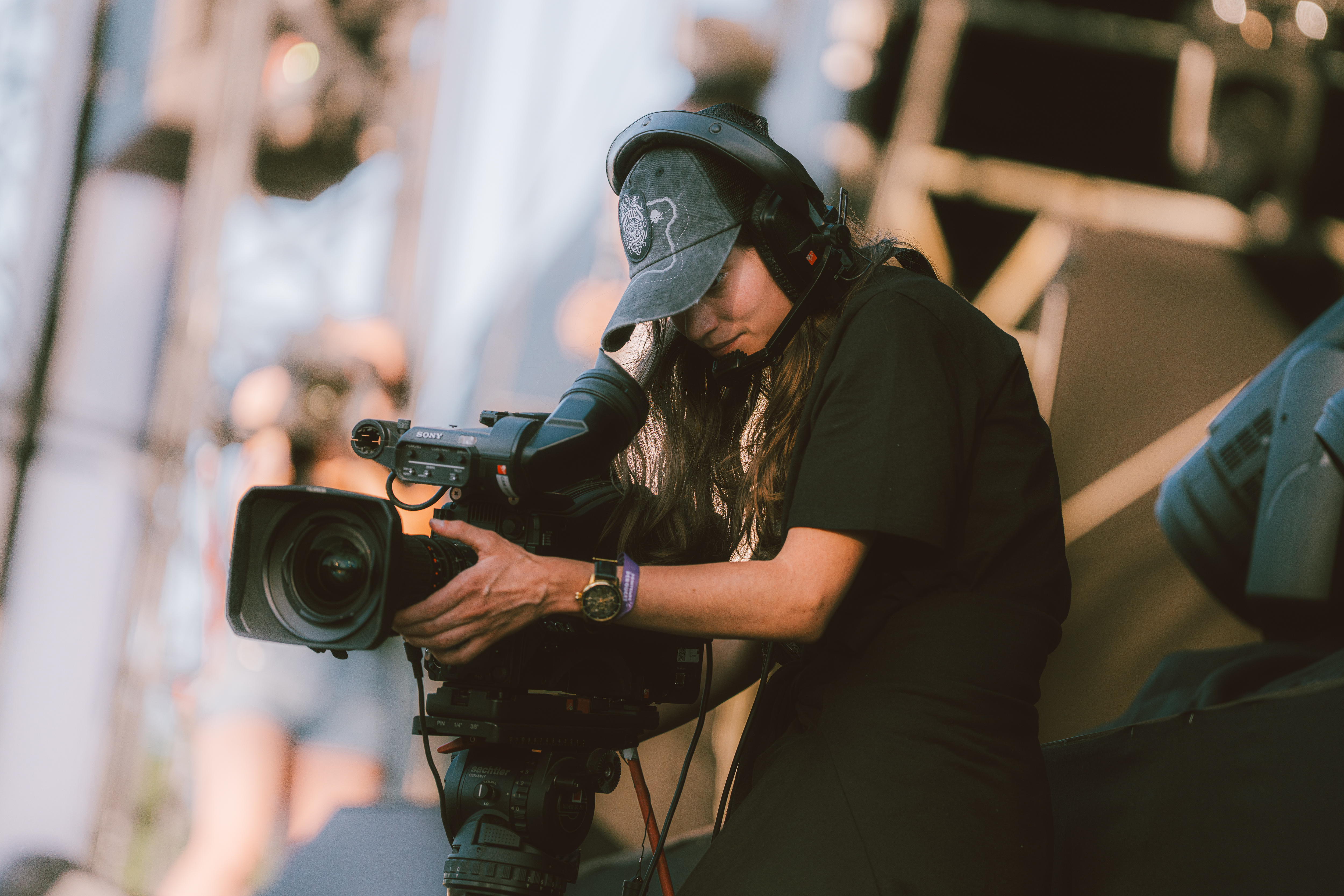
Lighting manager
Impact on the atmosphere and experience of events
The lighting manager designs and controls visual atmospheres through expert use of spotlights, consoles, and programming software. They play a key role in enhancing spaces, scenography, and the narrative structure of events. With a well-designed lighting setup, they create an immersive atmosphere and highlight key moments of the show or communication.
.png)
.png)
Sound engineer
Ensuring optimal sound quality
The sound engineer ensures smooth and balanced audio delivery, regardless of the type of event: concert, conference, product launch, or trade show. They manage microphones, stage monitors, mixing consoles, and work to prevent distortion or interference. Their role is essential in guaranteeing the audience's listening comfort and the clarity of the messages being conveyed.
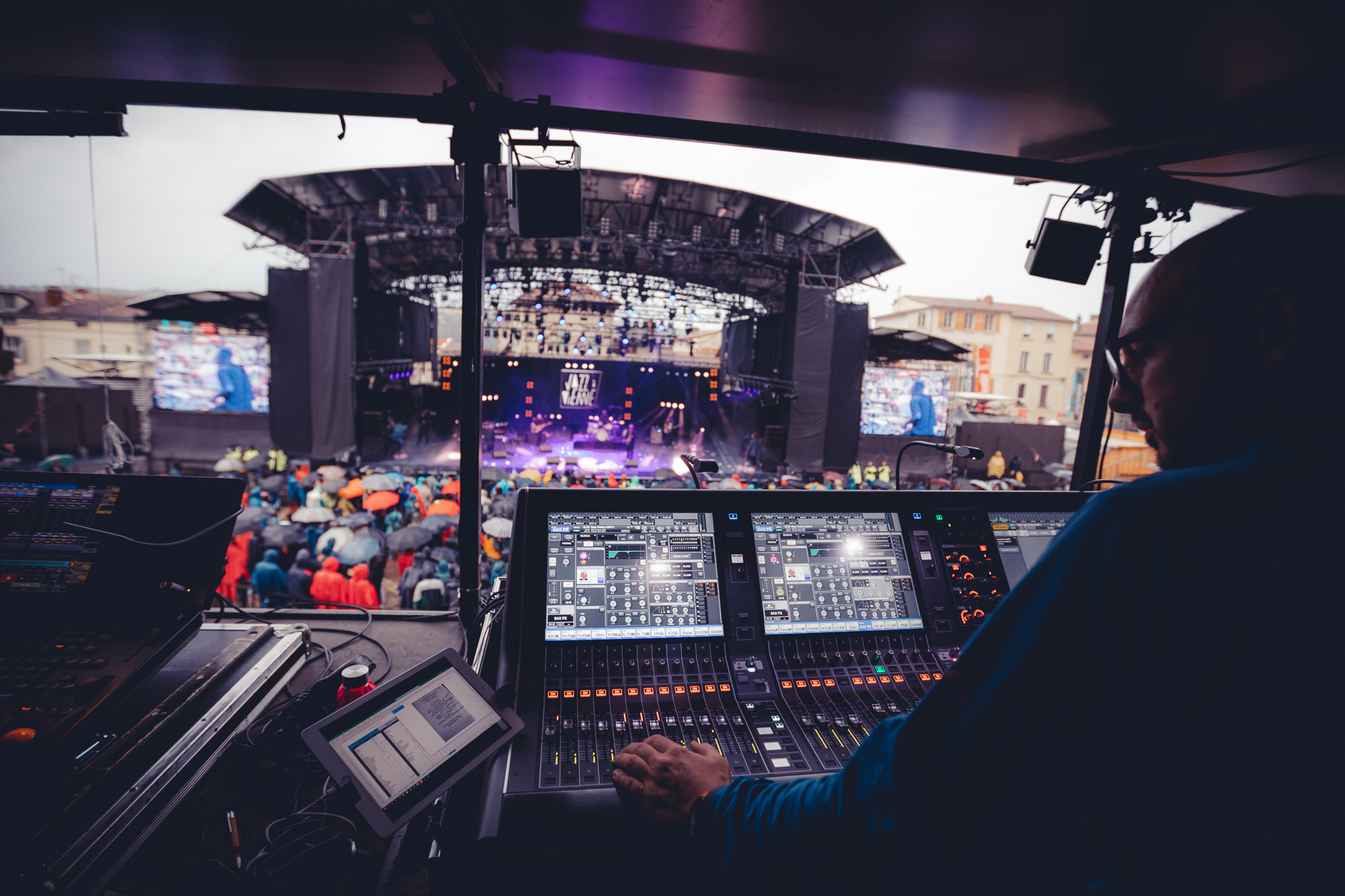

Skills required to excel in event audiovisual
Succeeding in the field of event audiovisual involves more than just mastering technical tools. This sector demands a blend of practical skills, responsiveness, creativity, and teamwork. Professionals must adapt to diverse environments, manage unexpected issues in real time, and consistently deliver flawless production quality at every event.
Essential technical skills
Use of audiovisual equipment
Mastery of equipment is a must: cameras, digital audio consoles, broadcasting systems, lighting control desks, video servers, stage cabling, and more. These technical skills ensure smooth and professional production. Technicians must also be able to quickly troubleshoot a malfunction or adjust configurations on the fly.
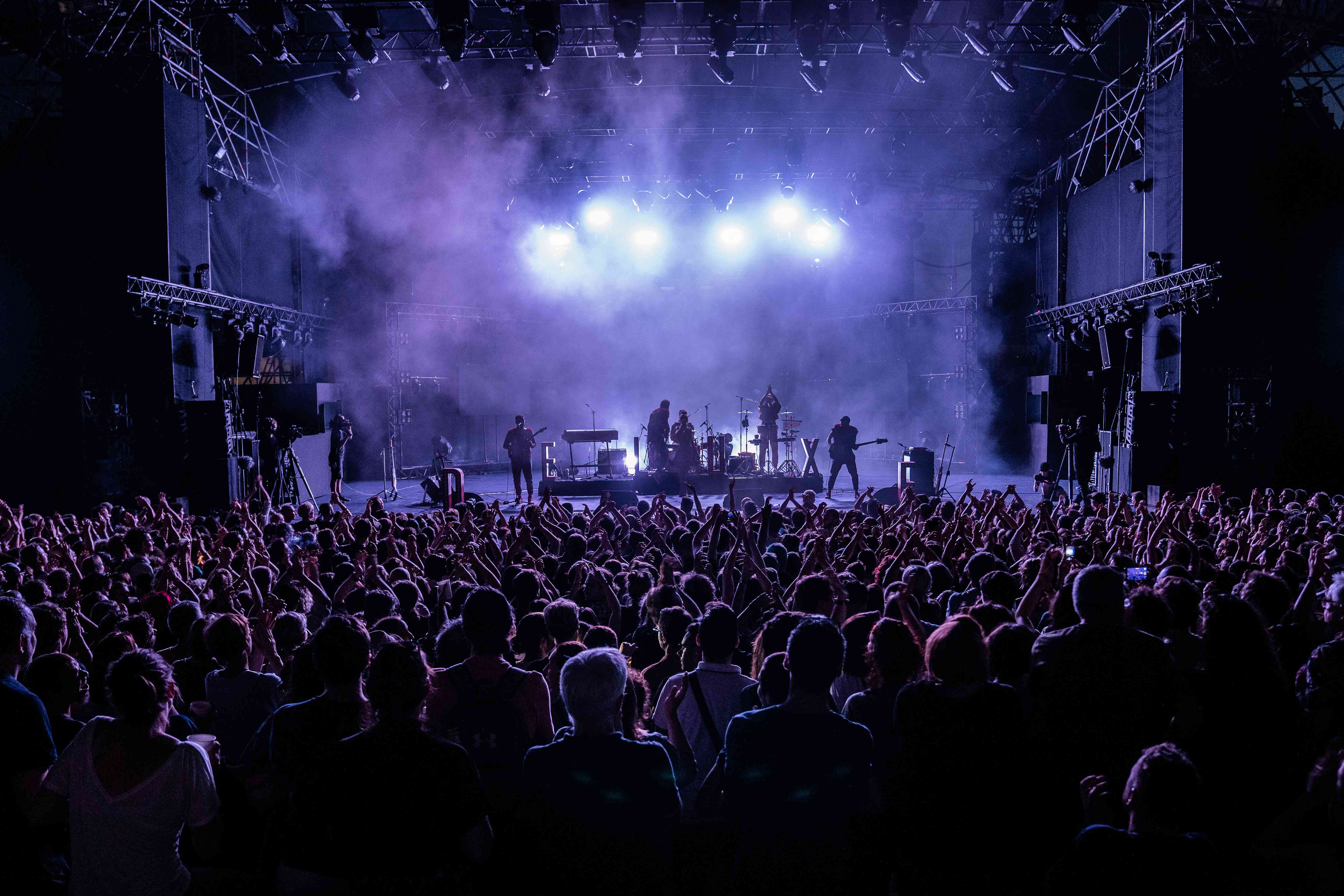
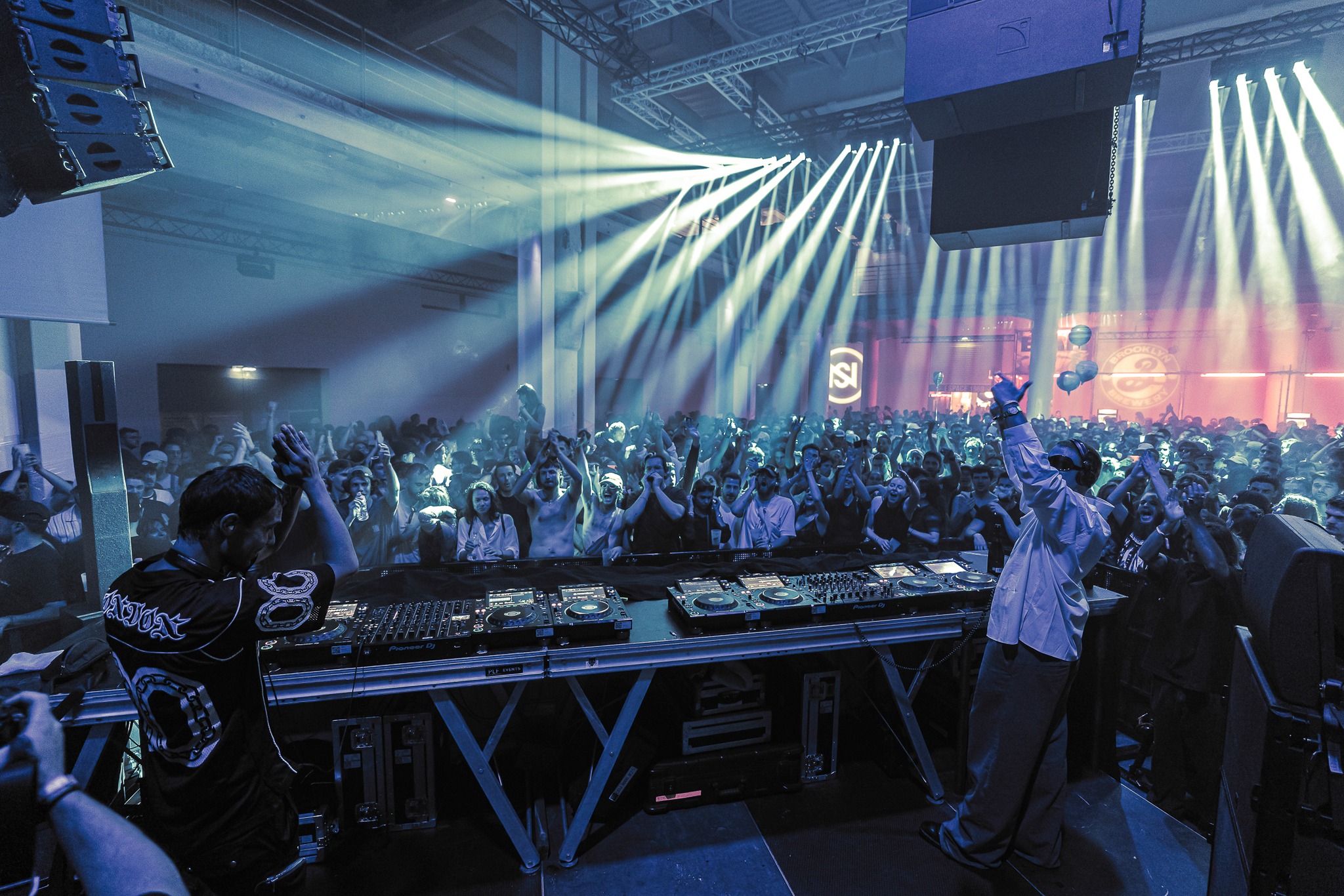
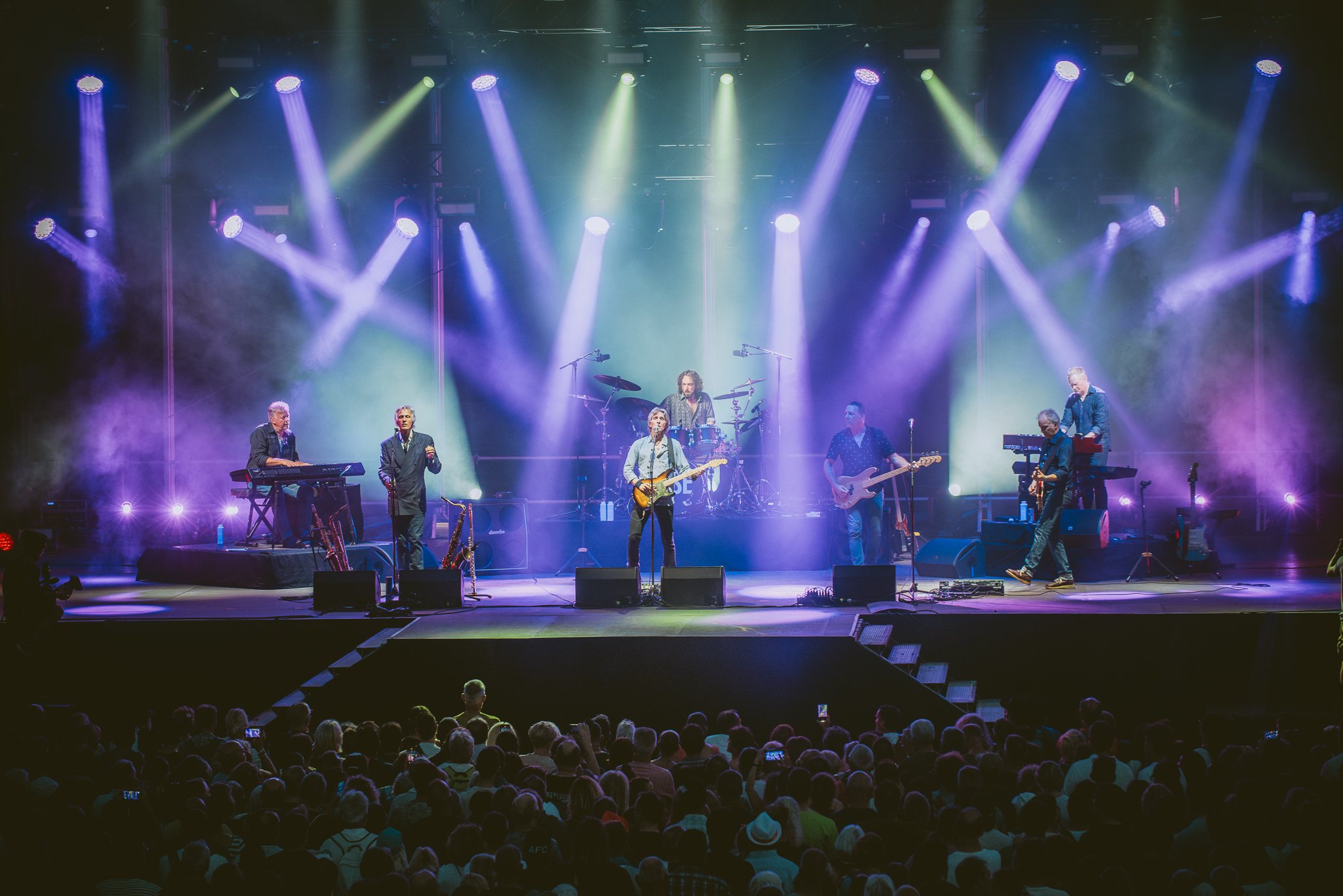
GL events Audiovisual & Power offers a wide range of professional audiovisual equipment, including projectors featuring technologies such as 4K, advanced sound systems, and LED lighting solutions, enabling technicians to work with high-performance and innovative tools.
Project management skills
Coordination and real-time problem solving
Event audiovisual work demands a high level of adaptability. Professionals must coordinate multiple teams, meet tight deadlines, and handle unexpected technical issues. Strong organizational skills, combined with effective stress management, are essential to successfully deliver complex or large-scale events.
Creativity and innovation
Event professions go beyond technical expertise. Visual, audio, and scenographic innovation has become a true lever for differentiation. Professionals must demonstrate creativity in artistic choices, in the way they use technologies, and in designing immersive environments.
GL events Audiovisual & Power supports prestigious events such as Paris Fashion Week by deploying innovative technical solutions in sound, lighting, and structures. Thanks to the expertise of its teams, the company creates immersive and spectacular atmospheres tailored to the most demanding scenographic requirements.
.png)
.png)
Training and career paths in event audiovisual
Entering the world of event audiovisual requires a solid foundation, gained through specialized training and hands-on professional experience. Whether through academic programs or practice-oriented short courses, there are many pathways into the technical, creative, or logistical professions of the event industry. The key is to combine theoretical learning with field experience, which is essential for thriving in demanding and constantly evolving environments.
Academic training options
Specialized degrees and certifications
Specialized programs provide the core fundamentals: BTS in Audiovisual Professions, Professional Bachelor's in Live Performance Techniques, Bachelor’s degrees in Event Communication, and more. These programs blend theory, hands-on practice, and field internships. Some offer concentrations in lighting, sound, video, or stage management to refine expertise.
Professional training and internships
The importance of practical experience
Short or qualifying programs, often provided by institutions like INA or training bodies funded by AFDAS, offer quick entry into the industry. These pathways emphasize real-world practice, hands-on scenarios, internships, and apprenticeships to help learners develop the right reflexes and job-specific skills.
Career opportunities in event audiovisual
Working in event audiovisual means entering a rapidly growing sector, driven by technological innovation and the diversity of event formats. There are many career opportunities, both for specialized technicians and for versatile profiles in production and project management. With the rise of digital technologies, increasing demand for immersive communication, and ever more advanced technical requirements, the event industry offers real prospects for career development, both in France and internationally.
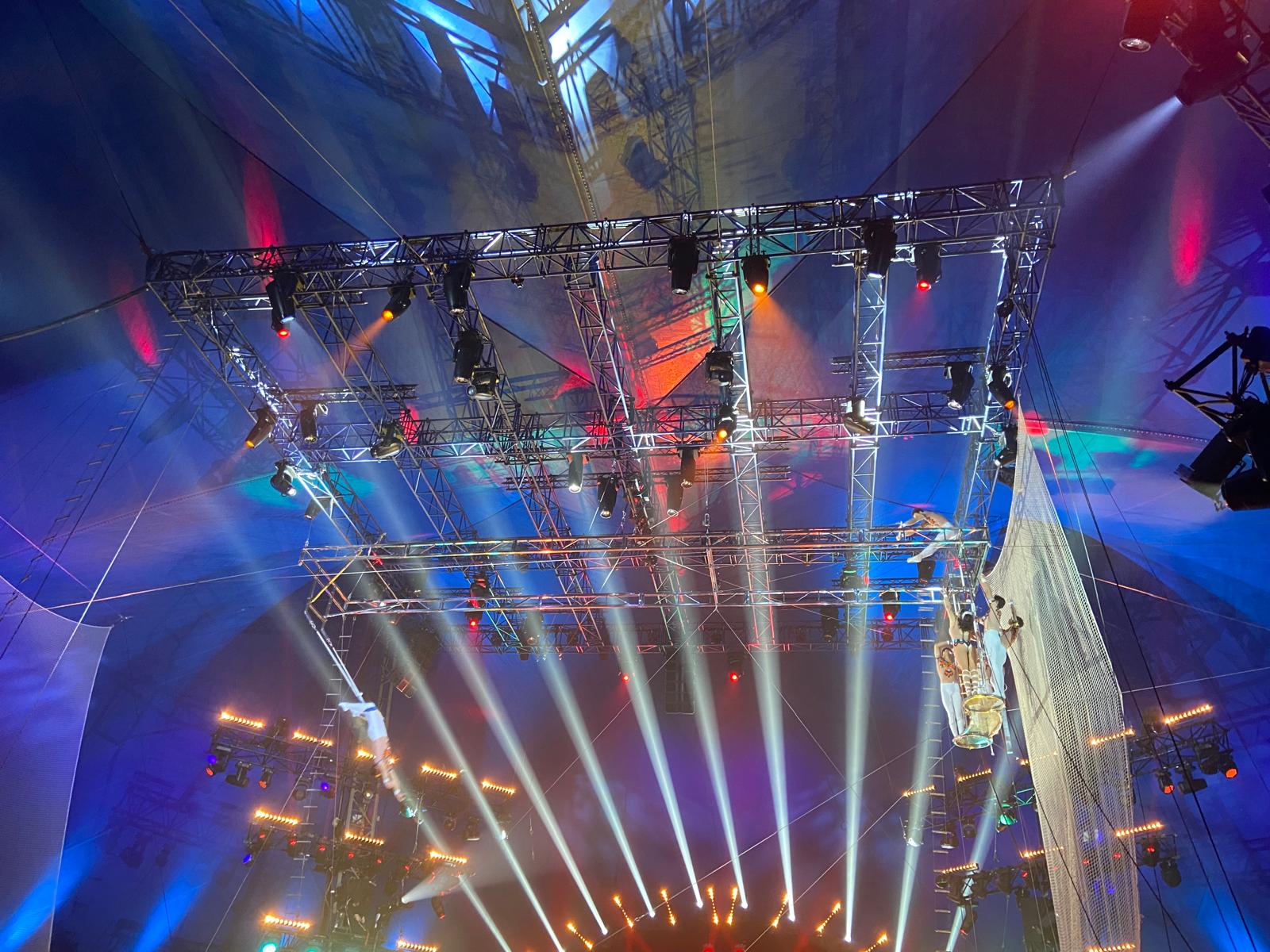
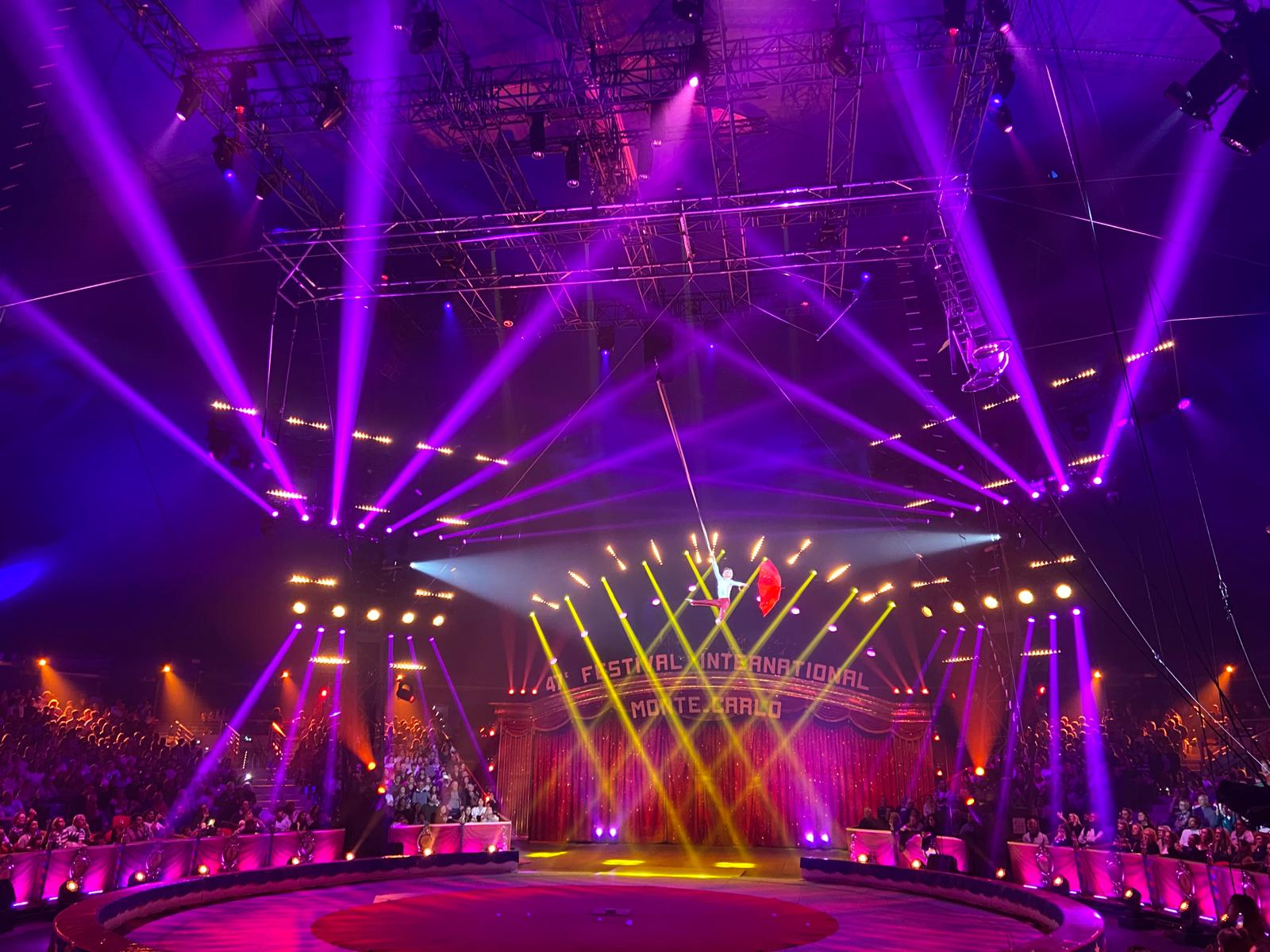
Industry evolution and growing demand for technical profiles
The event audiovisual sector is evolving rapidly, driven by new technologies, the digitalization of events, and heightened expectations in visual communication. Hybrid formats combining in-person and remote participation have become the norm, further emphasizing the strategic role of technicians and experts in video, lighting, and sound.
At GL events Audiovisual & Power, we support this transformation by offering comprehensive digital event solutions such as temporary or permanent TV studios, multiplex setups across multiple sites, live recordings of conferences or broadcast sets, and multichannel streaming adapted for both social networks and private platforms. These formats require advanced technical expertise, calling on highly specialized skills in audiovisual engineering, multicamera directing, streaming, and lighting integration, professions that are now at the heart of the industry's emerging challenges.
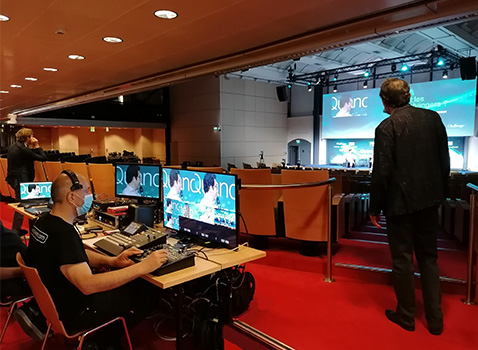
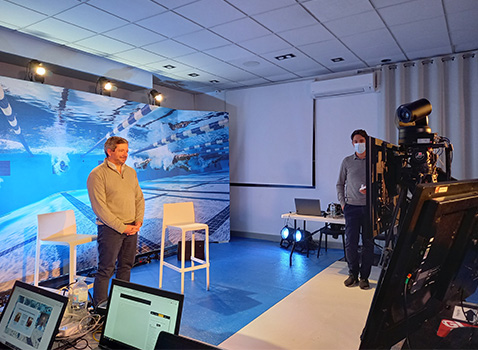
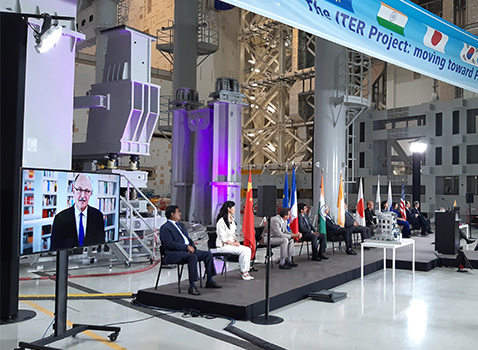
This transformation has a direct impact on professions within the sector. There is a strong demand for versatile profiles capable of managing both technical production and the coordination of complex event projects. Technical directors, stage managers, audiovisual project managers, as well as technicians specialized in installation, recording, or streaming, are now thriving in a highly dynamic job market.
At the same time, innovations in recording techniques, broadcasting, scenography, and automated control systems are creating new career opportunities. Continuous training is becoming essential to remain competitive, and many paths for advancement exist, from stage technician to project manager, and eventually to technical production director.
Lastly, growing environmental awareness is influencing industry practices: from equipment selection and energy management to the modularity of infrastructures. The sector is moving toward more sustainable events, where technical expertise goes hand in hand with new responsibilities. This strengthens the appeal of these forward-looking careers for young talents seeking purpose, technology, and hands-on experience.
